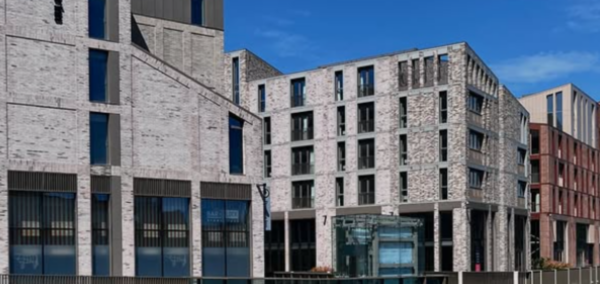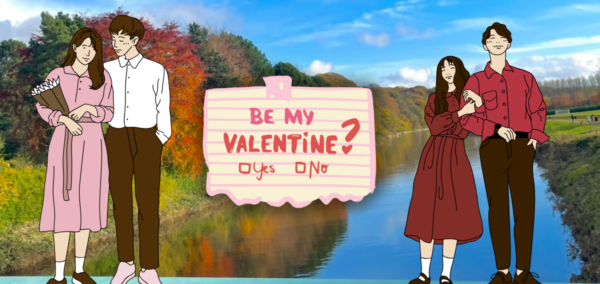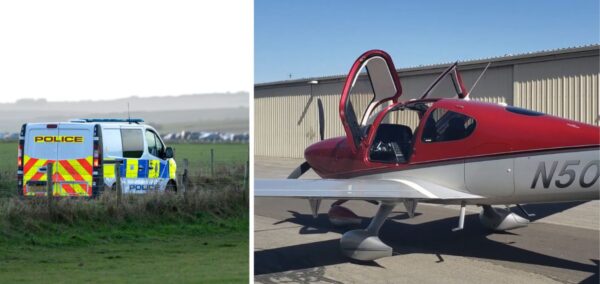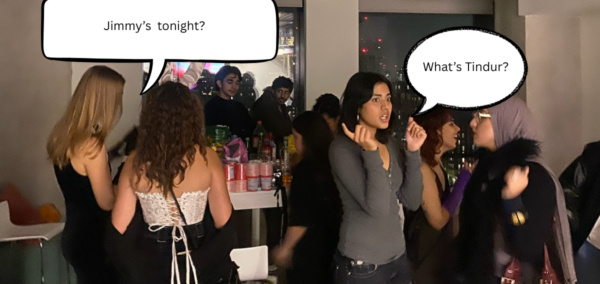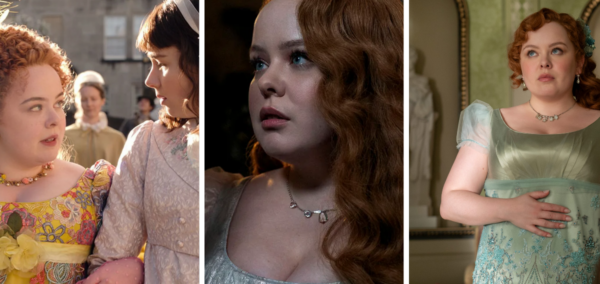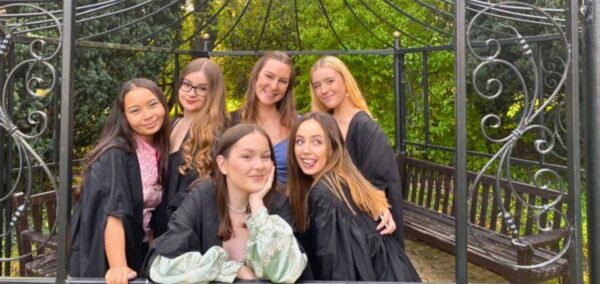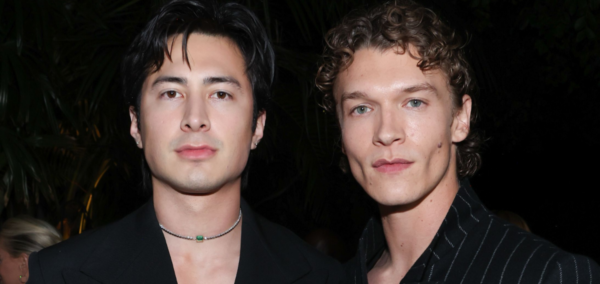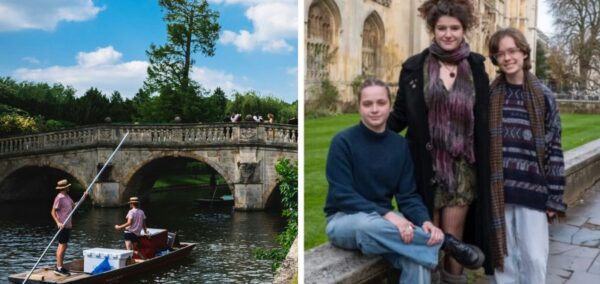
Using your voice for the better: The University of Bristols history of political action
A look back at the times Bristol students have used their voices for the better.
Student activism has shaped Bristol University for over half a century, students have stood up for what they think is right through the means of protest, rallies, sit ins and rent strikes.
The nature and causes of protests have moved with the times; ranging from the 1960s civil rights protests to the more recent protests in support of Palestine.
Now, in a time of countless wars and global political turbulence, it seems a fitting moment to look back and remember the times and ways in which students have used their voice for the better.
Bristol Bus Boycott 1963

Credit: Bristol Evening Post
In 1963, over 100 Bristol Uni students marched in solidarity with the bus boycotts that were sparked by the Bristol Omnibus company’s refusal to employ Black workers. The protest’s peaceful approach was largely inspired by the peaceful civil rights movement in America at the time.
A young social worker named Paul Stephenson was at the forefront of the campaign in Bristol and successfully orchestrated the boycott against the bus company and attracted and was renowned for being articulate and persuasive.
Most Read
The demonstration by Bristol Uni students (most of whom were part of political societies such as the Campaign for Nuclear Disarmament and the Campaign Against Racial Discrimination) helped to generate valuable media attention for the cause. Not all reactions were positive, the student demonstration was the target of heckling and verbal abuse by the bus crews.
However, the demonstration and boycotts attracted widespread support among prominent political figures such as Tony Benn and Harold Wilson who supported the campaign. With growing pressure, the Bristol Omnibus company was forced to end the colour bar on the same day Martin Luther King’s “I Have a Dream” speech was performed.
The Storming of Senate House 1968
The student strikes in Paris in 1968, catalysed a series of student protests across the UK. In Bristol, students sought greater representation in university bodies and advocated for Senate house building to be available to all students in the city and not just those attending Bristol University.
This effort of inclusivity aligned with the national student initiative to close the “binary divide” – the large gap between the privileged well-funded universities and the less prestigious colleges and polytechnic universities.
After repeated ignored attempts to raise this matter on student committees, over 500 students began the sit-in and occupation of Senate House in June 1968.
After a late-night union meeting led to growing defiance and porters were prevented from locking up the building for the evening. Students from nearby universities such as Swansea and Cardiff joined Bristol students in support. Initially, reactions were against the protests, the Western Daily Press even went so far as to call for the use of tear gas against students.
The sit-in ended after 11 days, when the university ensued court summons on eight students who were participating. The eight students never faced legal action because 1,000 students showed solidarity by signing a document accepting shared responsibility for the sit-in.
The success of this protest was mixed, whilst students gained more representation in university bodies, access to Senate House continued to be exclusive to students at the University of Bristol and remains so today.
1968 Protests against history lecturer John Vincent
History lecturer John Vincent became the subject of student protest due to his controversial and racist comments made in columns he wrote for The Sun and The Times. In reaction to this, students began a campaign to boycott his lectures in 1985, this escalated in 1986 when 300 students began actively disrupting Vincent’s lectures.
Vincent’s lectures were disrupted so frequently that the group responsible for organising the disruptions became known as ‘The Vincent Fifteen’. These 15 students were threatened with court action which was ultimately dropped. Afterwards, larger student rallies took place defending the right to demonstrate and Vincent took unpaid leave from the university.
2010 Student Fee Protest
After university tuition fees were raised to £9,000 by Prime Minister David Cameron in 2010, 2,000 Bristol students joined the national student protests marching from Senate House to College Green.
Students held placards and lit flares which were even thrown at police during a violent clash. Activists from outside the university also tried to smash their way into the Union building. The M32 had to be temporarily closed as it seemed as if the protest would go towards the motorway.
Although the nationwide protests did not succeed in reversing the fee rise, they served as a powerful act preventing the government and nation from ignoring the struggle this change would have on student life.
Student Action Bristol and Palestine protests

Credit: Bristol Occupy for Palestine
Student Action Bristol is a group within the university which has organised many of the student protests that have occurred over the last five years including the 2020 Covid rent strikes, the 2022 occupation of Wills and recent protests in support of Palestine.
Additionally, other groups such as the Bristol Palestine Alliance along with BristolOccupy4Palestine (Instagram) have played key roles in many of the student-led protests supporting Palestine over the past year.
The 12-tent camp on university campus in May this year made national headlines and challenged the university’s longstanding links the BAE Systems – an arms company that supplies Israel. This protest was supported by both staff and peers who bought food and supplies for the campers.
With this came calls to boycott the attendance app made by an Israeli software company.
Up to date information about previous and upcoming protests can be found on Instagram @studentactionbristol @bristolpalestinealliance and @bristoloccupy4palestine.
A University of Bristol spokesperson said: “Many of our students have deeply held beliefs and a passion to improve the world, and we support their right to engage in lawful, peaceful protest. The University encourages all students and staff to sustain our shared values of mutual respect, support, and compassion for each other, whatever their individual views may be.”










